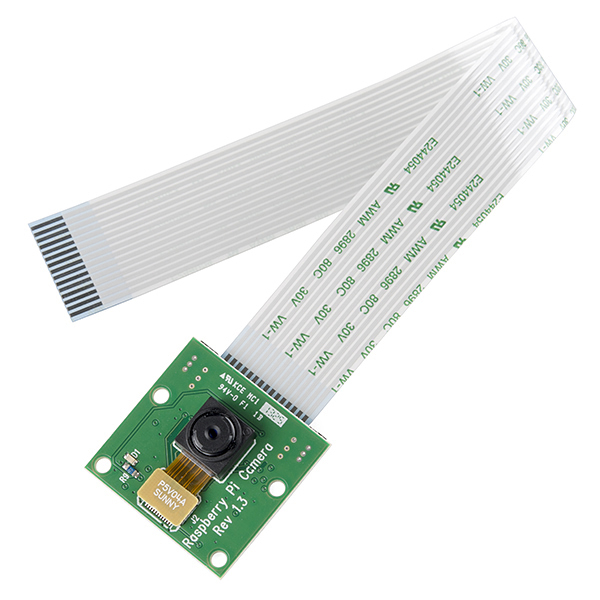
How To Install Mplayer Raspberry Pi
After following, your Debian system should be booting and updated. In order to have room for the audio and video software, you should also followed to expand your root file system.
A fully set up Raspberry Pi running the latest update of Raspbian connected to the. We will be using MPlayer to stream internet radio on the Raspberry Pi.
This post describes how to get audio and small videos to play back within Debian on the Raspberry Pi. If you want sound and video to work without having to make the following changes, and take advantage of hardware playback, then you might want to set up as described in. Update: If you want to get video to high definition video to play back under Debian Linux, then you may want to look into omxplayer compiled to take advantage of the GPU on the Raspberry Pi, this is described in my new post. Playing the right videos.

Without updating the firmware, the Raspberry Pi will probably freeze it you attempt to play media. It did to me before updating the firmware. Afterwards, sound and video play back worked. After updating the firmware, the system will also run smoother with the newer kernel.
While it can be done manually, it is much easier to use a script created by Hexxah to update the firmware of your Raspberry Pi. The file for this script also explains advanced usage which can allow you to split the memory between the system and graphics. • Install software needed to perform the update: • pi@raspberrypi:~$ sudo apt-get install ca-certificates git-core binutils • Download the script: • pi@raspberrypi:~$ sudo wget • Copy the script to /usr/local/bin: • pi@raspberrypi:~$ sudo cp rpi-update /usr/local/bin/rpi-update • Make the script executable: • pi@raspberrypi:~$ sudo chmod +x /usr/local/bin/rpi-update • Run the script: • pi@raspberrypi:~$ sudo rpi-update • In the future to check for updates, just execute this last step! • Install the software: • pi@raspberrypi:~$ sudo apt-get install mplayer mplayer-gui alsa-base alsa-utils pulseaudio mpg123 • Reboot the system • pi@raspberrypi:~$ sudo reboot Command Line Audio Playback If you want to test whether sound is working quickly, then the alsa-utils includes aplay, which can play back wav files, but not mp3 files. If you want to be able to play back mp3 files and more, then install mpg123. For very sophisticated control, there is also the xmms2 client, which has many plugins.
Given that there are several GUI clients for xmms2, including a default installation of lxmusic, it may be easier to control it with visual controls. Surprisingly, the video play back seems to work better in the GUI! Out of all the alternatives, mplayer or mplayer-gui seem to work best, or at all for me. VLC failed to work for me, and Totem had huge Gnome requirements and slow play back. If you installed mplayer-gui package, then in the menu under Sound and Video, you will find the application Mplayer to start mplayer-gui. If you open a terminal, then you can also launch mplayer /path/to/video.mpg to view your video like: pi@raspberrypi:~$ mplayer /usr/share/pyshared/pygame/examples/data/blue.mpg.
Making Your Raspberry Pi Talk to You with eSpeak - peterbeard.co. Writing mostly about computers and math. • • • This site uses JavaScript for MathJAX and syntax highlighting, so some things might be hard to read with it disabled. 📅 2013-05-11 22:05:01 I got bored this evening so I thought I'd try to figure out how to get text-to-speech working on my Raspberry Pi. I have my Pi running and it's pretty great, but I'm always looking for little things to add to it, so I decided to install eSpeak so I could make my TV talk to me. It's actually really easy to do this, but I'm recording the steps here in case I have to do it again next time my SD card has a senior moment. Prerequisites eSpeak requires a few things to be done before it will work.
First of all, Raspbmc does not load the audio HAL for the Broadcom SOC by default and eSpeak (or mplayer, not sure which) needs it to output sound. To enable it just do sudo modprobe snd_bcm2835 To make that permanent add snd_bcm2835 to the end of /etc/modules. Next, you need to install alsa-libs, mplayer, and of course, eSpeak. Sudo apt-get update sudo apt-get install alsa-libs mplayer espeak mplayer supports LIRC by default, which is neat, but it seems to make it impossible to run mplayer from the terminal. Automatic email manager keygen software windows 7.